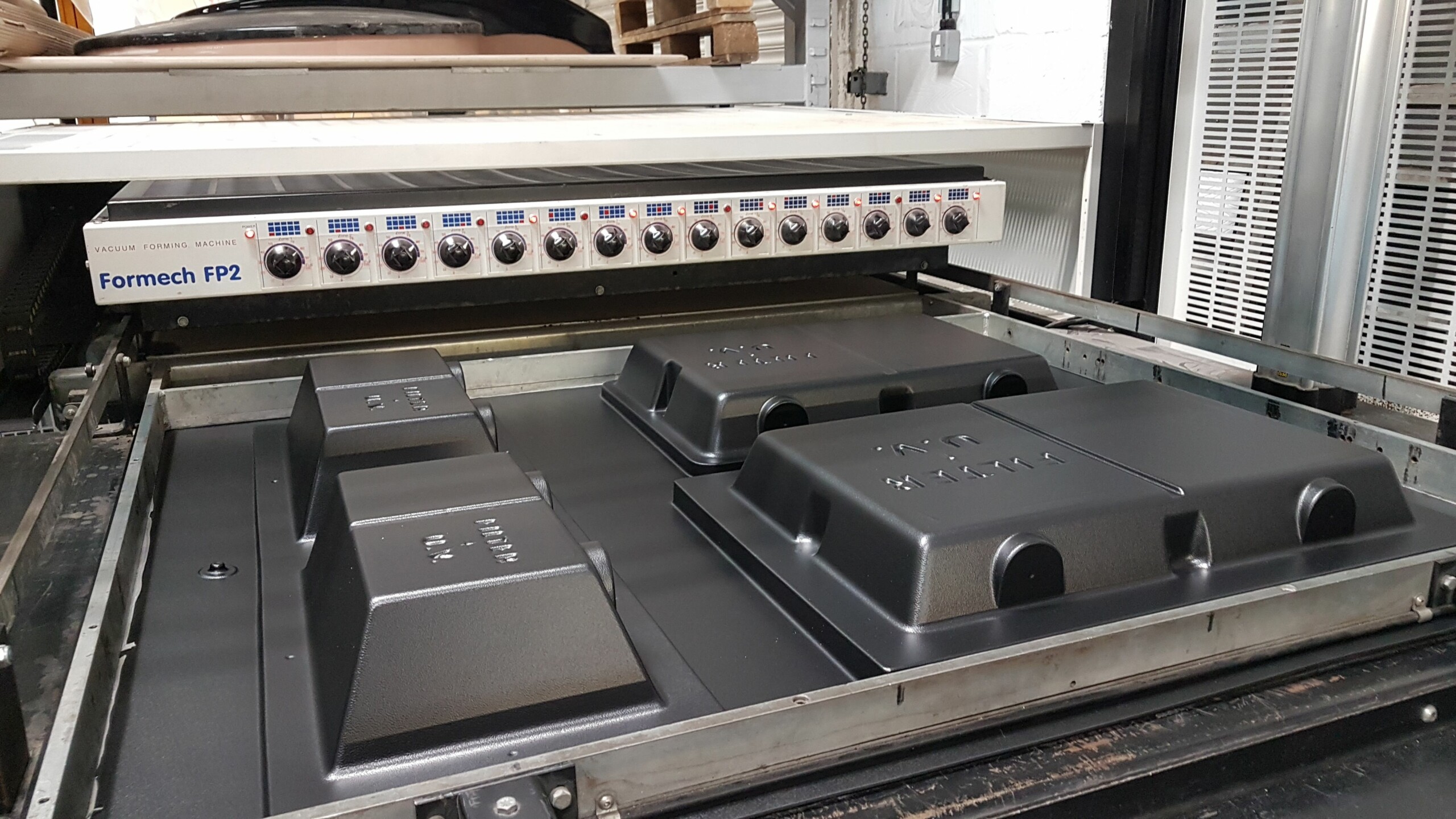Vacuum Molding Techniques
Vacuum Molding Techniques
Blog Article

Vacuum forming is a popular plastic molding process that involves heating a thermoplastic sheet until it becomes soft, then using vacuum pressure to mold it over a pre-formed mold.
How Vacuum Forming Works
The process initiates with a thermoplastic material being softened until it reaches the required forming temperature. Once the material is ready, it is laid over a template, and a vacuum is applied to suction the material tightly over the mold, creating the required shape.
After forming, the material is cooled to retain its shape. The final product is then cut to remove unwanted material and processed for use.
Industries Using Vacuum Forming
This technique is widely used in diverse industries, including medical, to produce custom components. Some common products made using vacuum forming include:
- Car dashboards
- Clamshell containers
- Healthcare packaging
- Point-of-sale stands
Benefits of Vacuum Molding
Vacuum forming is a simple method for producing high-quality plastic parts with minimal initial investment. Other significant benefits include:
- Quick turnaround
- Affordable molds
- Customizable shapes
- Durability
Final Thoughts
Vacuum forming is a versatile process that enables the creation of custom plastic products at a budget-friendly rate.
Vacuum Forming Report this page